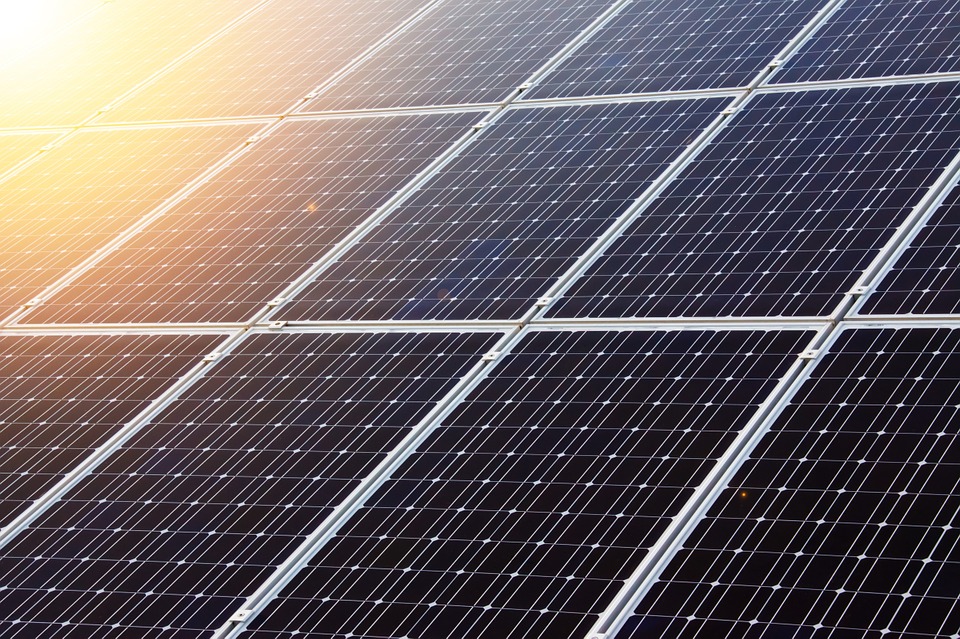
Investing in a off-grid power solution is a big investment, and while these systems are usually designed to run with minimal maintenance, they do require intervention from time to time, and solar panels within such a system are a vital component to ensure an efficient energy production process.
Cleaning your solar panels is incredibly important to ensure you’re getting optimal performance. Most are manufactured with a protective layer of glass to protect the inner workings of the technology, but if this coating is allowed to get dirty, the less capable this solar panel will be of performing to the highest standards.
This could be the result of dust, grime, animal debris, or anything else that may prevent sunlight reaching the cells within the panel. This is often one the biggest reasons for solar panel efficiency drop offs, and it’s pretty easy to rectify too, which is why we’ll be looking at how to clean your solar panel in this blog.
Do My Solar Panels Need Cleaning?

There are few ways you can see if your panels are in need of a clean:
- Physical Spot Checks – you should be inspecting your solar panels on a regular basis, particularly during the winter months, and during summer when pollen and dust levels are at their peak. You should also ensure that your connections are working correctly to ensure you’re receiving regular updates as to their performance and condition.
- Solar Panel Monitoring Systems – although physical inspections are ideal for pinpointing cleanliness issues and any physical damage, it’s always a good idea to understand precisely whether your solar panels are producing the optimal amount of power through a status monitor. This is similar to a home smart meter, in which the system will constantly monitor the status of the panels to ensure you can keep them in the shape they need to perform at the highest level.
A solar panel system will produce a certain level of electricity each month. By using a monitoring system, you can receive up to date information in regard to whether the system has gone offline or isn’t performing exactly in the way you expect it to.
How Do I Clean Solar Panels?
Once you’ve determined whether your solar panels could do with a good clean, there are several ways to tackle this process.
- Clean It Yourself – the most obvious, and indeed cheapest option, is to give the panels a good clean yourself. The panels are relatively easy to clean with everyday household products. However, the most effective is good old fashioned warm water and dishwashing detergent. This will enable you to remove any grease, grime and dust that has accumulated across the panels. However, the caveat to this is that it’s important you’re able to reach the panels safely. If you are unable to do so, then looking for professional help is perhaps your best bet.
- Professional Help – you may be surprised to discover that there are many cleaning businesses now branching out to solar panel cleaning. However, as with anything of this nature, it’s important to find a reputable service that know what they’re doing. Usually your solar installation expert, like ourselves at Powerguard, will be happy to offer recommendations and even offer advice of the best prices for these services and how the panels should be cleaned correctly.
Why Should I Clean My Solar Panels?
Although many solar panels are billed as ‘self-cleaning’, this isn’t an entirely accurate description. Solar panels are commonly manufactured with a hydrophobic coating, which means that water cannot adhere to its surface.
However, the panels aren’t protected from dust, pollen, sap, moss, and animal debris. Without regular cleaning these things can build up on the panels and create shaded areas where the sunlight can’t reach the cells to top up energy reserves.
As you can imagine, if this is left to run its course over several years, this build-up will hamper the overall performance of your system, which is certainly not ideal if you rely on this extra energy in a business or off-grid scenario.
What Other Factors Can Impact Solar Panel Performance?
Swings in temperature can be another factor in panel performance, as the efficiency will increase when the temperature drops, and decrease in high temperatures. This is because the voltage within the cells varies in different temperature ranges.
Another reason to regularly monitor the performance of your panels is because the panels must be in the right position to take full advantage of the sun’s radiation. The orientation and inclination must all be considered during installation, and may need to be adjusted over time. This means that your panels can perform at their very best for longer periods of time.
If you’d like to learn more about what we’ve covered in this piece, you’re interested in alternative energy solutions, or any of our other products or solutions, then why not contact us today for more information.